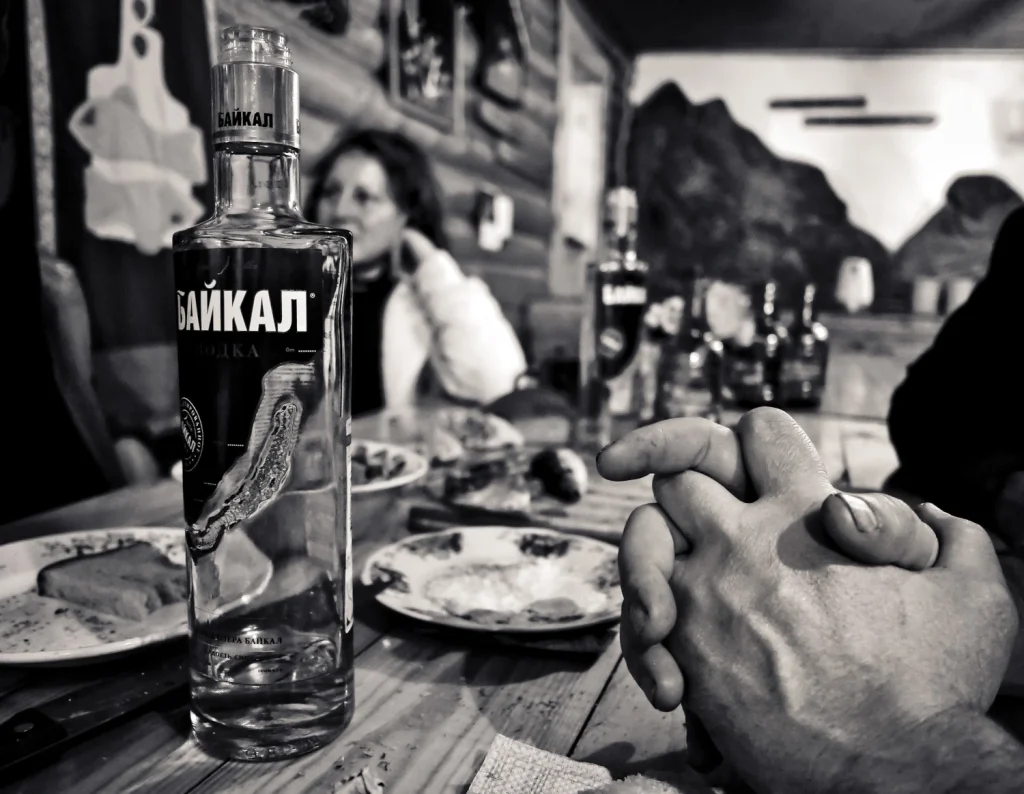Almost a third of Russians believe in folk omens, but only about 10% of citizens practice “magic” to protect themselves from possible misfortune. The results are from a survey conducted by lif insurers SberStrakhovanie.
The survey was conducted on the eve of the New Year when people often make wishes and pay more attention to various signs.
It turned out that women are more superstitious than men: 12.9% of women and 7.5% of men answered positively to whether they notice omens and whether they use rituals to prevent trouble. Also, older people are more inclined to believe omens. 23% of people over 60 years old, 14.2% of people aged 51 to 60, 5.6% aged 31 to 50, and only 3.4% of respondents 18-30 years old follow the omens and protect themselves from them.
More than half of Russians, about 53.5%, who believe in omens believe that there are more bad omens than those that promise happiness or benefit. The rest expect positive from various omens.
The study also showed that Russians believe in omens associated with physical sensations. For example, a quarter of the respondents pay attention if their hand, leg or eyes itch, ringing in their ears, or twitching eyelids. Birds and bats that flew into the house or a knock on the window frightened 19.3% of the respondents. 14.4% of Russians believe that a burning face, ears or cheeks carry some omen. The rest of the signs are much less trusted. For example, only 3.6% of respondents fear encountering a black or a tricolour cat, 2.4% are afraid of a broken mirror, 1.9% are worn inside out, and only 1.3% are fearful of spilt salt.
The study shows that the residents of Vladivostok (VV) are the most superstitious. 17.6% of the townspeople pay attention to signs in VV. High rates are also in Novosibirsk (16.3%), Krasnoyarsk (15.2%) and Ulyanovsk (14%). The residents of Makhachkala showed the least faith in omens as only 2.1% of respondents believe in omens.
Russians keep magic and money separate
In January 2020, a study showed that most Russians do not believe in magic rituals that attract money. People over 60 and young people between 18 and 30 are more sceptical. People at 46-60 believe in various signs more than others.
Disbelief in money magic was reported by 82% of those surveyed. 15% of the study participants said they believed in signs and rituals related to finance. Another 3% found it difficult to answer.

More sceptical are people over 60 years old (89%) and young people 18–30 years old (83%). People aged 46-60 (18%) believe in various omens more than others.
Storing a talisman, coin or banknote in a wallet; observance of special rules for handling money and putting it around the house; showing the wallet’s contents to the waxing moon (when the moon gets bigger each night), scored 1% each. 2% of those surveyed said that they perform other rituals.
Most Russians do not believe in the supernatural
In July 2019, the All-Russian Center for the Study of Public Opinion (VTsIOM) published a poll data, according to which Russians began to believe less in the supernatural. Omens and superstitions are not taken seriously by 44% of Russians. 27% of respondents question the existence of the paranormal and the ability to predict the future.
Over 29 years, the number of Russians believing in the possibility of hypnosis treatment has decreased by 41% and amounted to 22%.
In addition, compared with the data of 2017 and 2015, Russians began to believe less in the effectiveness of spiritualistic seances and the existence of UFOs (13% and 20%, respectively).
According to the study results, over two years, the number of Russians who admit the existence of witchcraft and spoilage abilities in some people has decreased by 17% (31%), and by 16% – the number of citizens who follow astrological forecasts.
More and more Russians do not take omens and superstitions seriously (44%) and generally question the existence of paranormal phenomena and the ability to predict the future (27%).
